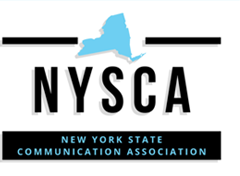Abstract
The study aims to obtain a deeper understanding of the political landscape in Hong Kong by investigating agenda-setting and narratives that are being presented by media from Hong Kong and mainland China during The Anti-ELAB Movement in 2019. News stories about The Anti-ELAB Movement from five media outlets in Hong Kong and mainland China are collected to answer three questions. First, does their agenda-setting differ in the collected news stories? Second, what specific issues do those media navigate differently? Third, what do those news stories reveal about the political landscape?
Hong Kong is a complex blend of Chinese and Western systems ideologically, culturally, and politically, which contributes to a confusing political identity and fostered mistrust of Beijing among Hong Kong residents. This mistrust further undermines efforts to implement "One Country, Two Systems." Since then, the conflict in its politics has shifted from "pro-Beijing versus pro-democracy" to "pro-government versus anti-government." Therefore, is the embodiment of the anti-government sentiment. In calling for "universal suffrage," protesters are asserting their right to remove the government they disapprove of. However, with these social movements, what is the question protesters insist on addressing to the city? Both the Umbrella Movement and the Anti-ELAB Movement involve an extensive use of bodies. By demonstrating their bodies on streets, in buildings, and online, the young generation in Hong Kong reclaim the massive public sphere when suffering from economic imbalance.
Recommended Citation
Sun, Kexin
(2024)
"Hong Kong’s Political Landscape from The Media Coverage in The Anti-Extradition Law Amendment Bill Movement,"
Proceedings of the New York State Communication Association: Vol. 2023, Article 1.
Available at:
https://docs.rwu.edu/nyscaproceedings/vol2023/iss1/1
Included in
Critical and Cultural Studies Commons, Journalism Studies Commons, Mass Communication Commons

